Top Ten Famous Poets in Ancient China
A poet, in a general sense, usually refers to a person who writes poetry, but from a literary concept, it should be a poet writer and poet writer who has achieved certain achievements in the creation of poetry (poems). Who are the most famous poets in ancient China? This article counts the ten famous poets in ancient China, including Qu Yuan, Li Bai, Du Fu, Su Shi, Tao Yuanming.
Top 1: Qu Yuan
Qu Yuan, a poet and politician of Chu State during the Warring States Period in China. Born in Zigui of Chu State (now Yichang, Hubei). Mi's surname, Qu's, the name is flat, the original word; and the name is regular, the word is Lingjun. Descendant of Qu Xia, son of Xiongtong, King of Chu Wu during the Warring States Period. He was well educated when he was young, well-known and knowledgeable, and ambitious. In his early years, he was trusted by the king of Chu Huai and served as Zuo disciple and Sanlu doctor, also in charge of domestic and foreign affairs. He advocated "American politics", advocated appointing and appointing talents internally, cultivating the rules, and fighting Qin together with external forces. Because of being excluded and slandered by the nobles, he was exiled to the Hanbei and Yuanxiang basins. After Qin Jiang Baiqi broke the Ying Capital of Chu State, Qu Yuan sank himself to the Miluo River and died in his country.
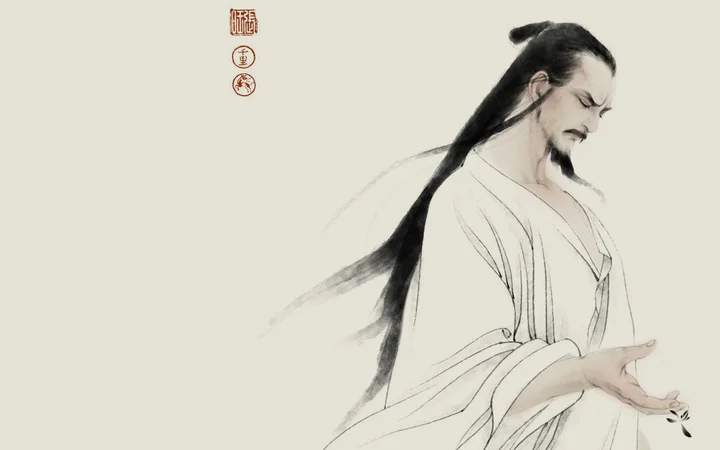
Top 2: Li Bai
Li Bai (701-762), whose name was Taibai, was named Qinglianjushi, and also known as "the banished immortal". He was a great romantic poet in the Tang Dynasty. "Du", in order to distinguish it from the other two poets Li Shangyin and Du Mu, namely "little Li and Du", Du Fu and Li Bai are collectively referred to as "big Li and Du".
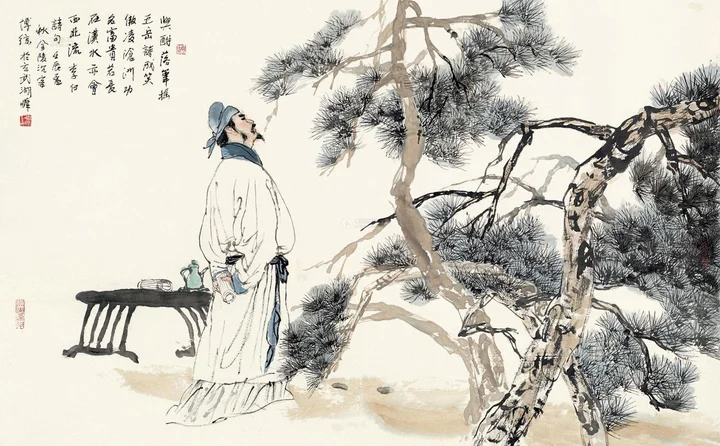
Top 3: Du Fu
Du Fu (712-770), Zimei, Han nationality, native of Benxiangyang, moved to Gongxian, Henan. Self-named Shaoling Ye Lao, a great realist poet in the Tang Dynasty, and Li Bai collectively called "Li Du". In order to distinguish them from the other two poets, Li Shangyin and Du Mu, namely "little Li and Du", Du Fu and Li Bai are collectively referred to as "big Li and Du", and Du Fu is often referred to as "Old Du".Du Fu's influence in Chinese classical poetry is very far-reaching, and he is called "the saint of poetry" by later generations, and his poems are called "the history of poetry".
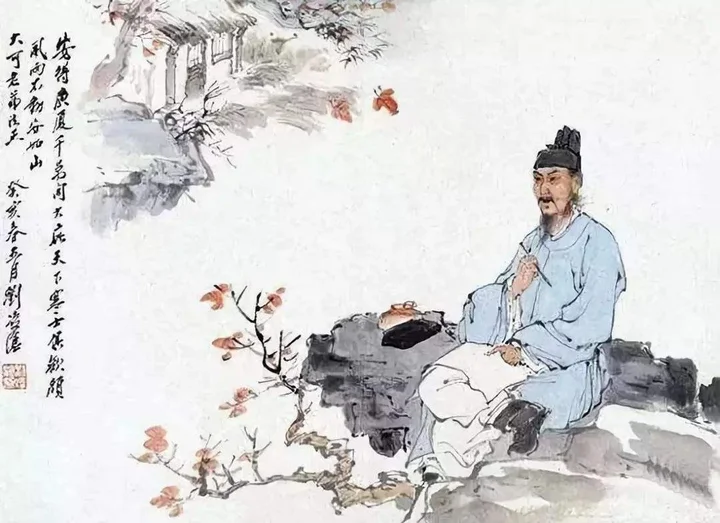
Top 4: Su Shi
Su Shi (January 8, 1037-August 24, 1101), with the word Zizhan, and the word Hezhong, was named Dongpo Lay, and he was called Su Dongpo and Su Xian in the world. Han nationality, a native of Meishan in Meizhou (now in Meishan City, Sichuan Province) in the Northern Song Dynasty. His ancestral home is Luancheng, Hebei. He is a famous writer, calligrapher and painter in the Northern Song Dynasty. In the second year of Jiayou (1057), Su Shi Jinshi and the first. Song Shenzong once served in Fengxiang, Hangzhou, Mizhou, Xuzhou, Huzhou and other places. In the third year of Yuanfeng (1080), he was demoted to Huangzhou as deputy envoy of Tuan Lian because of the falsehood of the "Wutai Poetry Case". After Song Zhezong took the throne, he served as a Bachelor of Hanlin, Bachelor of Attendant, and Book of Etiquette, and he was known to Hangzhou, Yingzhou, Yangzhou, Dingzhou and other places. In his later years, he was demoted to Huizhou and Danzhou because of the New Party's ruling.
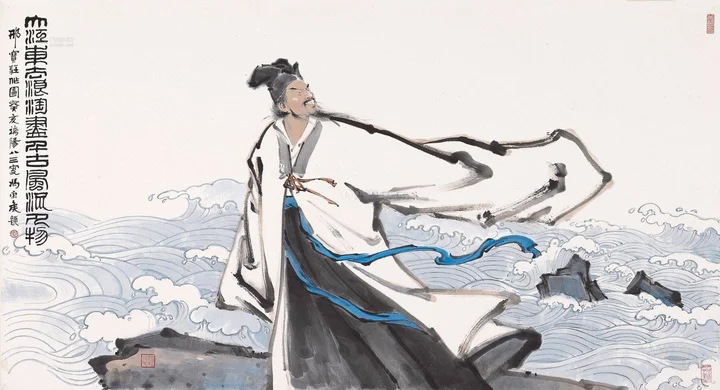
Top 5: Tao Yuanming
Tao Yuanming (352 or 365-427), the character is bright, also known as Qian, private posthumous "Jing Jie", known as Mr. Jing Jie in the world, Xunyang Chaisang (now Jiujiang City, Jiangxi Province). A great poet and poet of poetry from the end of the Eastern Jin Dynasty to the early Song Dynasty of the Southern Dynasty. He used to serve Jiangzhou Jijiu, Jianwei Joining the Army, Zhenjun Joining the Army, and Pengze County Commander. His last official appointment was Pengze County Commander. After more than 80 days, he abandoned his post and returned to the pastoral. He is the first idyllic poet in China, and is known as the "Sect of Ancient and Modern Hermit Poets". He has "Tao Yuanming Collection".
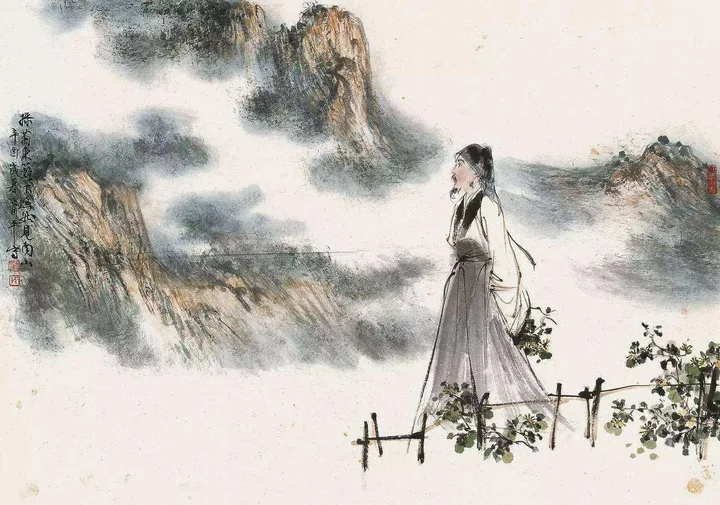
Top 6: Bai Juyi
Bai Juyi (772-846), whose name was Le Tian, was named Xiangshanjushi, and also known as Mr. Zuiyin. His ancestral home was Taigu. When his great-grandfather moved to Xiaju, he was born in Xinzheng, Henan. He is a great realist poet in the Tang Dynasty and one of the three major poets in the Tang Dynasty. Bai Juyi and Yuan Zhen jointly advocated the New Yuefu Movement, which was called "Yuan Bai" in the world, and "Liu Bai" together with Liu Yuxi. Bai Juyi's poems have a wide range of subjects, diverse forms, and simple and popular language, and are known as "Poem Demon" and "Poet King". From the official to the Hanlin bachelor, Zuo Zanshan doctor.
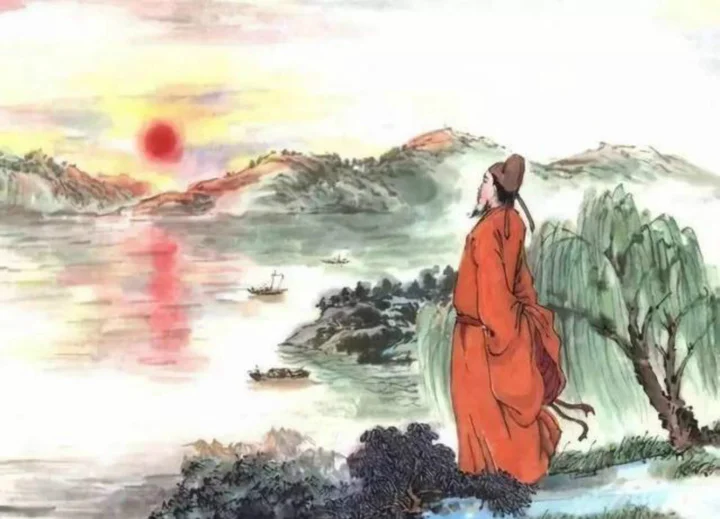
Top 7: Wang Wei
Wang Wei (701-761, or 699-761), was born in Puzhou, Hedong (now Yuncheng, Shanxi), and his ancestral home was Qixian, Shanxi. A famous poet and painter in the Tang Dynasty, with the word Mojie and the name Mojie Lay. Wang Wei was born in the Wang clan of Hedong, and was awarded the top prize in the 19th year of Kaiyuan (731). Supplements from the right of Liguan, Supervising Yushi, Judge of Hexi Jiedu. During the Tianbao reign of Emperor Xuanzong of the Tang Dynasty, Wang Wei worshipped the staff of the bureaucrats and gave things to him. When Anlu Mountain captured Chang'an, Wang Wei was forced to accept a false post. After Chang'an recovered, he was accused of granting the prince Zhongyun. During the reign of Emperor Suzong of Tang Dynasty, he served as Shangshu Youcheng, so he was called "Wang Youcheng".
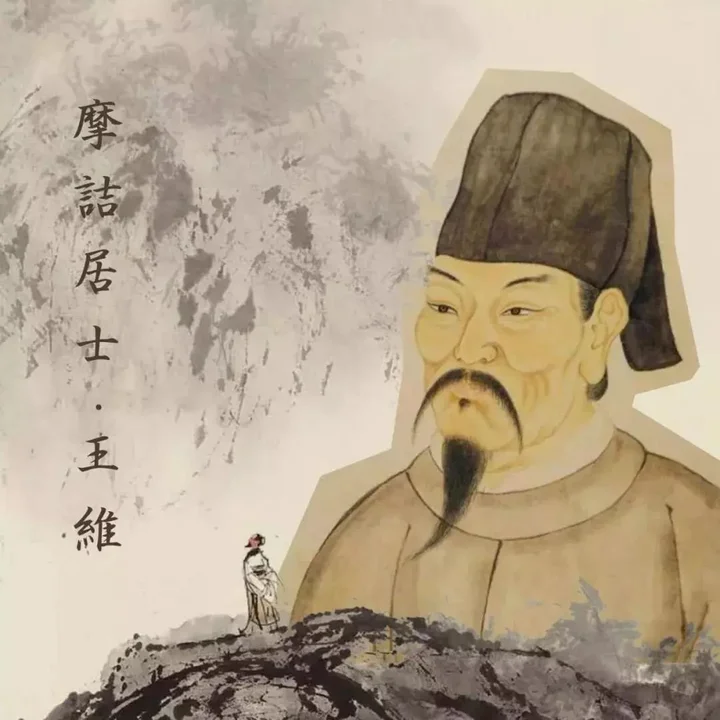
Top 8: Li Shangyin
Li Shangyin (c. 813-c. 858), born in Yuxi (Xi) with the name of Yishan, was born in Hanoi, Huaizhou (now Jiaozuo, Qinyang, Henan), born in Xingyang, Zhengzhou (now Zhengzhou, Xingyang, Henan), night The famous Tang poet, and Du Mu collectively called "Little Li Du", and Wen Tingyun collectively called "Wen Li". Li Shangyin and Li He and Li Bai are collectively called the "Three Lis". Together with Wen Tingyun, they are called "Wen Li", because their poems and essays are similar to Duan Chengshi and Wen Tingyun of the same period, and they are both ranked sixteenth in the family, so they are also called "Thirty-Six Styles".
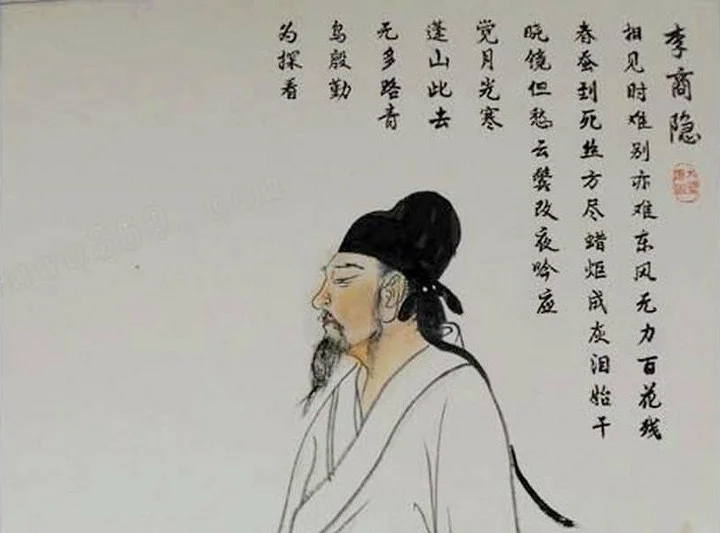
Top 9: Li Yu
Li Yu (August 15, 937-August 13, 978), the sixth son of Li Jing of Yuanzong of the Southern Tang Dynasty (ie, the central master of the Southern Tang Dynasty), the first name was Congjia, the word was Zhongguang, the name Zhongyin, Lianfengjushi, Han nationality, was born in Jinling (now Nanjing, Jiangsu), ancestral home from Pengcheng (now Tongshan District, Xuzhou, Jiangsu), was the last monarch of the Southern Tang Dynasty. In the second year of Jianlong in the Northern Song Dynasty (961), Li Yu succeeded to the throne, respecting Song as orthodox, and paying tribute every year to ensure safety.
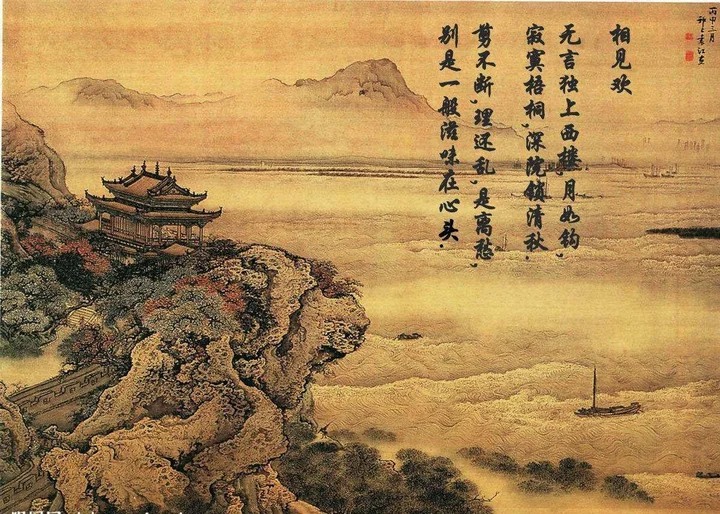
Top 10: Lu You
Lu You (1125-1210), Ziwuguan, Hao Fangweng, Han nationality, a native of Yuezhou Shanyin (now Shaoxing), grandson of Shangshuyoucheng Ludian, Southern Song writer, historian, and patriotic poet. Lu You has been working hard throughout his life, and has achieved high achievements in both poetry and essays. His poetry language is easy to understand, and the composition is neat and precise. He combines Li Bai's majesty and unrestrainedness with Du Fu's melancholy and sadness. Especially full of patriotic enthusiasm, it has a profound impact on future generations. Lu You is also talented in history. His "Book of the Southern Tang Dynasty", "Simplified core has the law", has a bright historical commentary and has a high historical value.
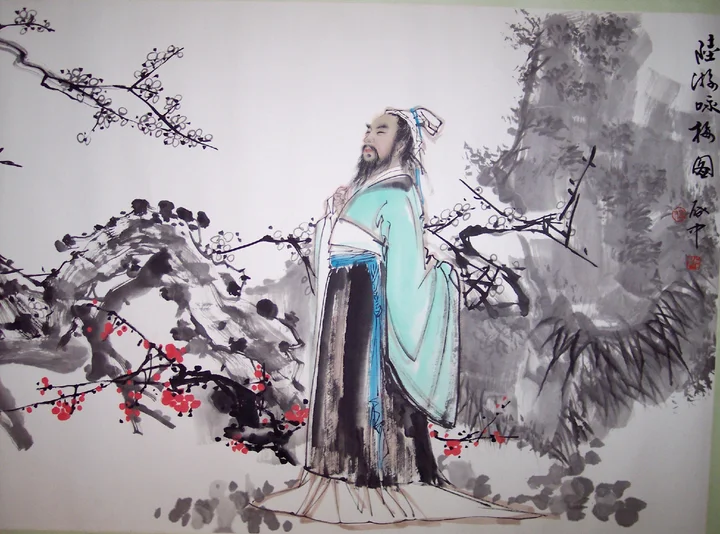
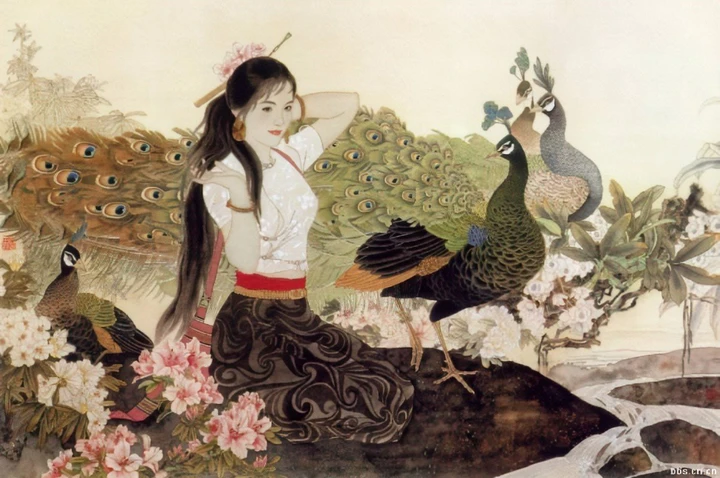
In modern China, there are many magnificent works of art that make people feel a lot of emotion. These works of art come from many great artists who have made great contributions...

The top ten Internet companies in 2020 are also considered to be a big reshuffle, but as the "B" Baidu among the Big Three BAT, it has gradually fallen......
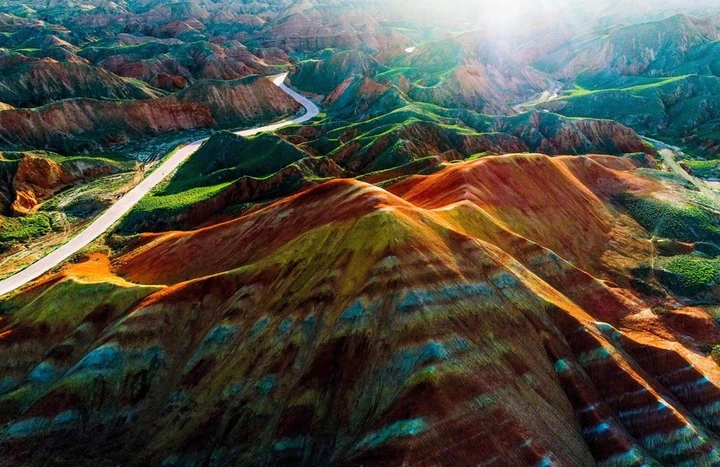
China's Danxia landform is characterized by the largest area, the most typical development, and the most beautiful scenery, forming a geological......
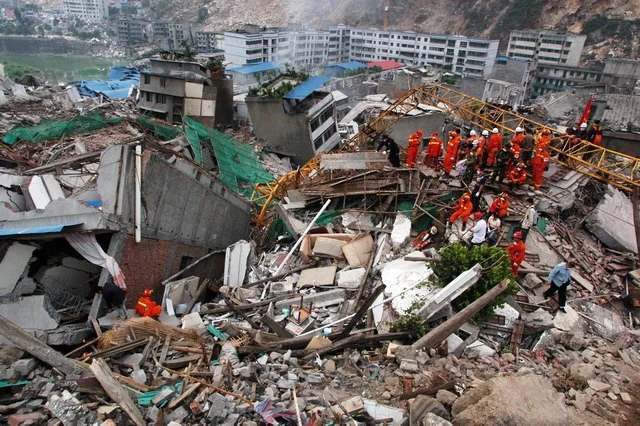
The natural disaster situation in China is complex and severe, and extreme weather and climate events frequently occur.
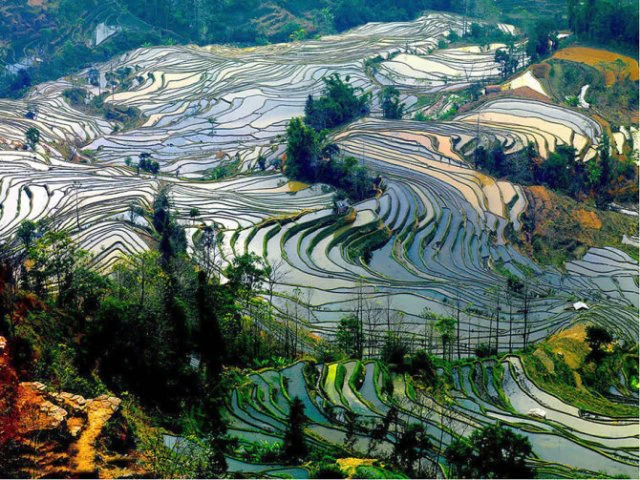
Terraced fields carry not only human production and life, but also a fairyland on earth. The terraced fields have different scenery in different seasons, but the best time to watch...